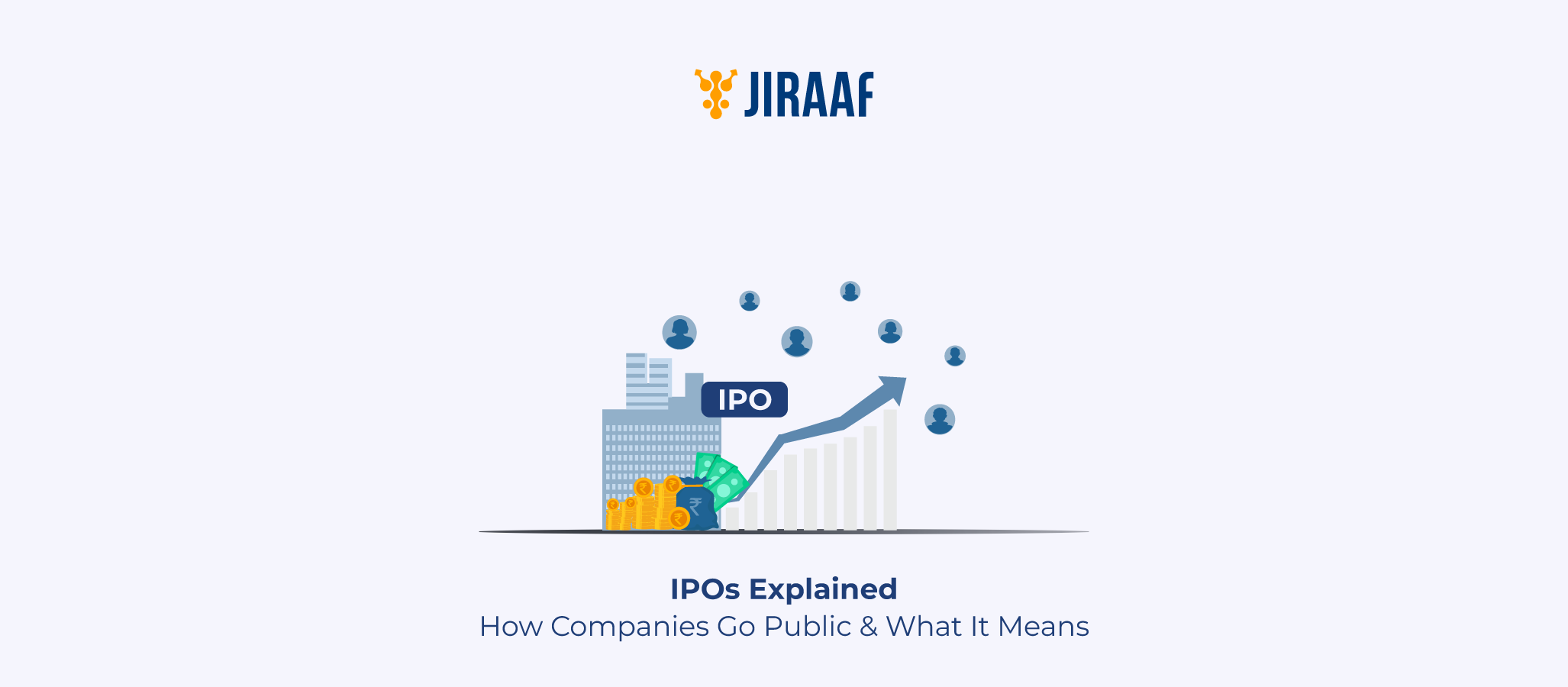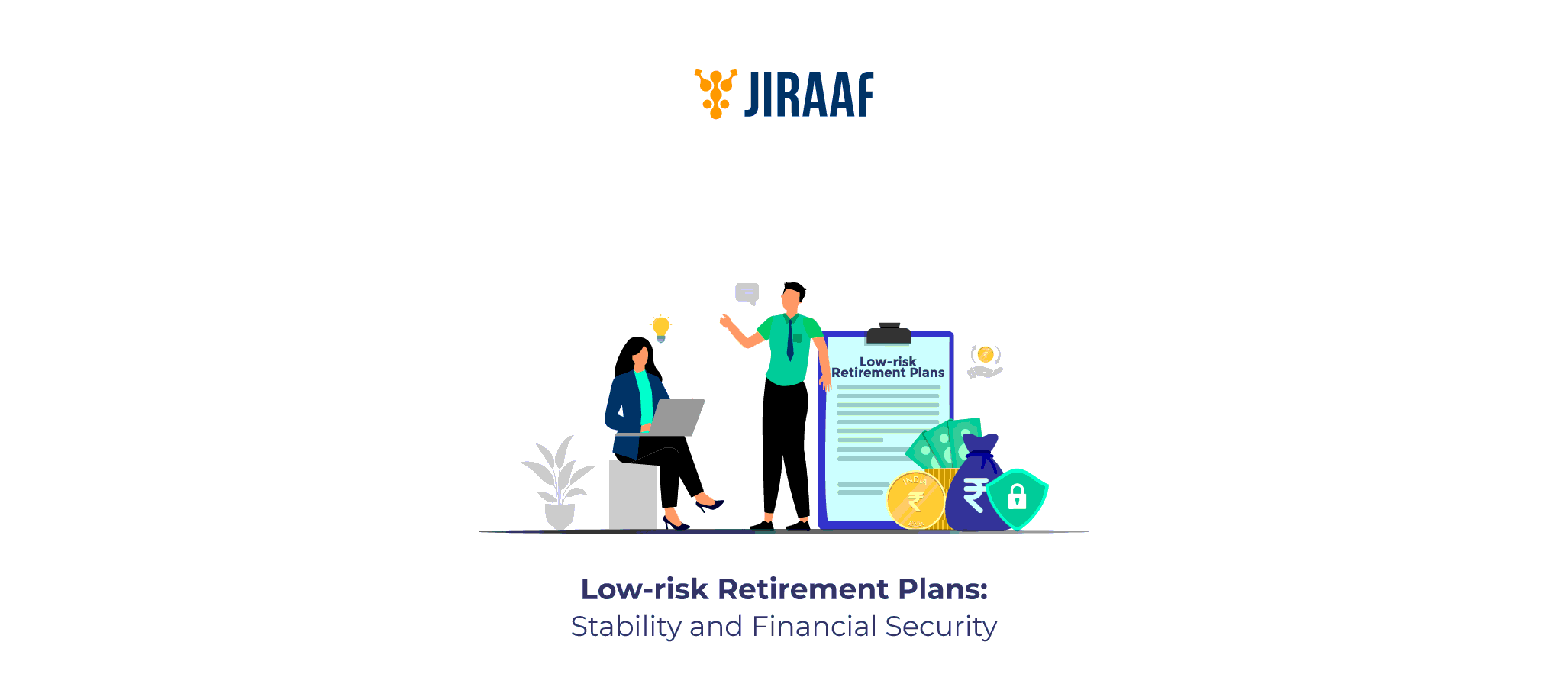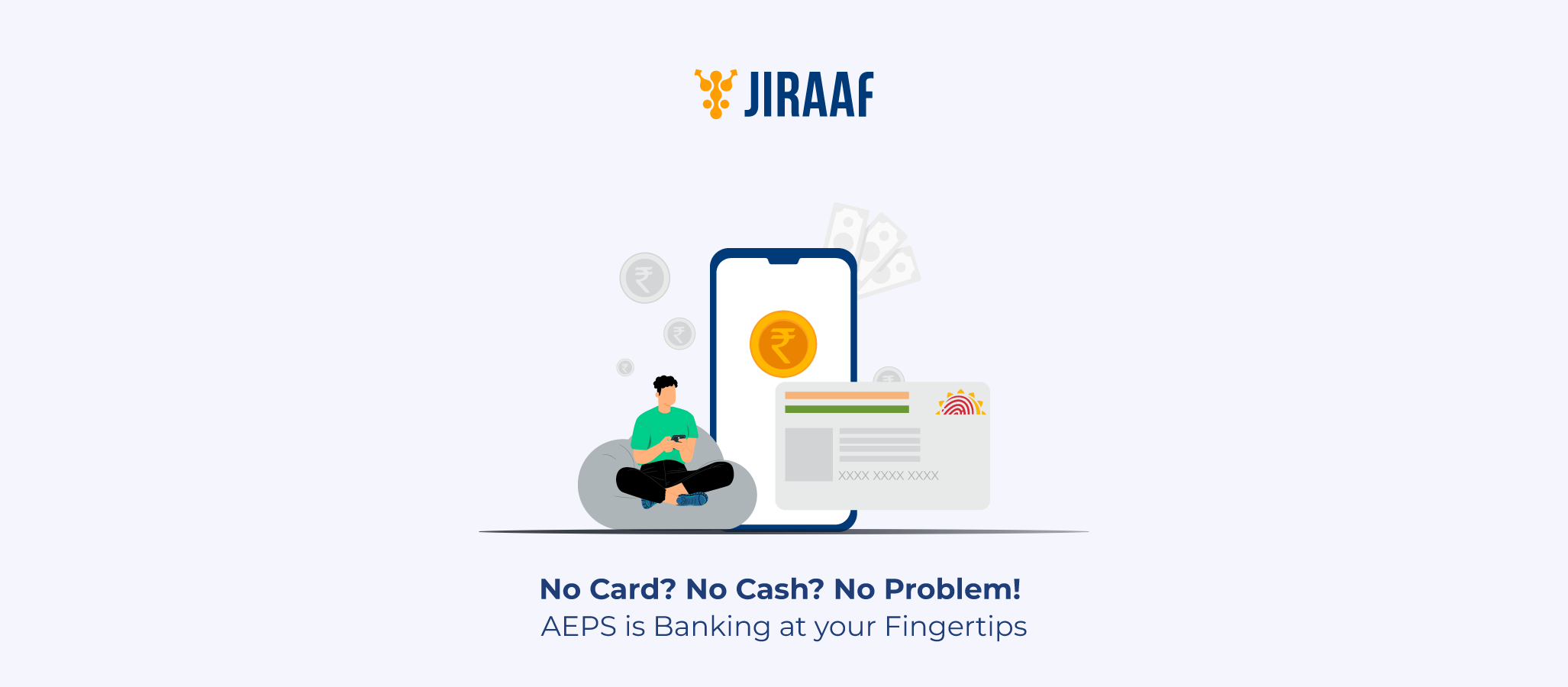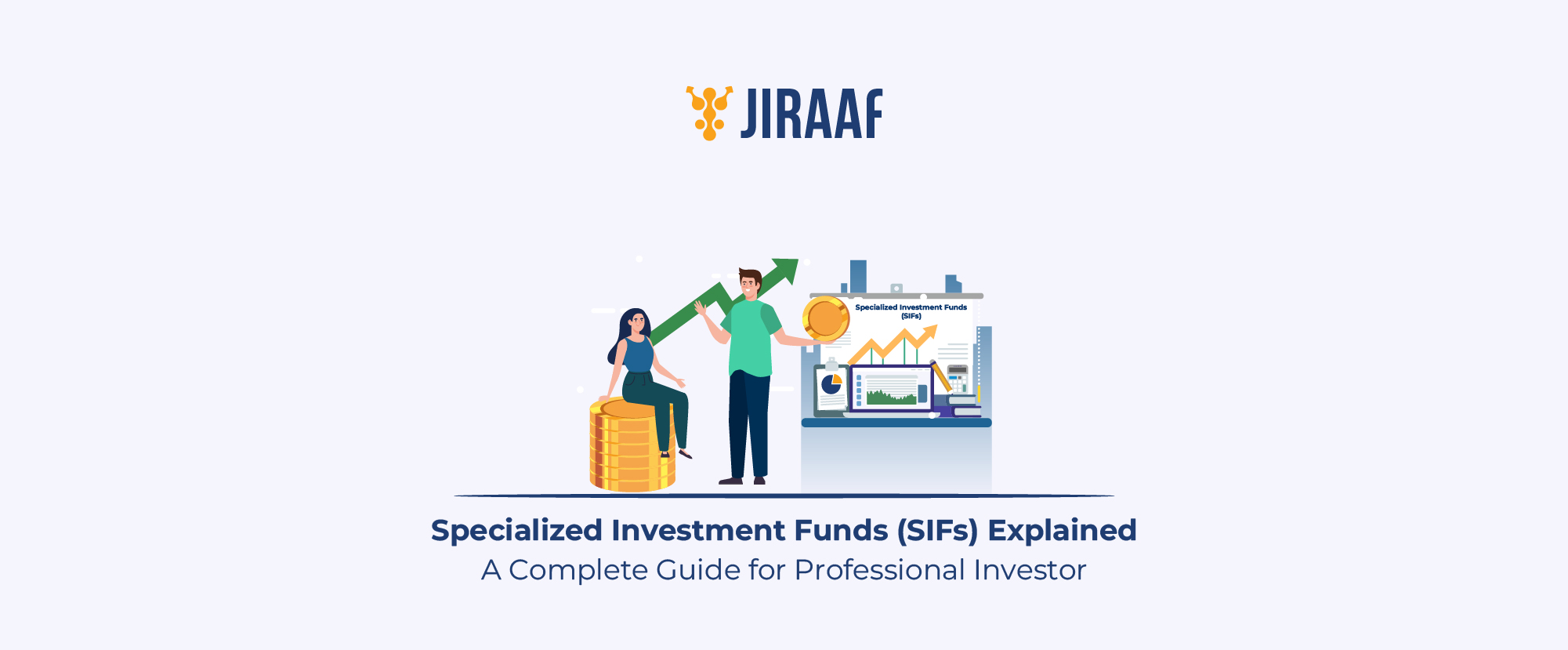If you are curious about “companies going public” or wondering “what is an initial public offering (IPO)?”, in layman’s terms, a firm goes public when it first sells its stock to the public via an IPO. Let’s learn about the process of going public, why a company would make the decision to go public, and its implications, both for the firm and for you as an investor.
What Does It Mean When a Company Goes Public?
When a firm goes public, it transitions from a privately held entity to a publicly listed company. Before the IPO, it was owned by the founders, early employees, and venture capitalists. An IPO allows anyone to acquire shares on the open market, typically on exchanges such as the Bombay Stock Exchange (BSE) or the National Stock Exchange (NSE). This process takes approximately six months and requires collaboration among investment banks, accountants, lawyers, and financial consultants.
You’ll notice key changes:
- The company gains access to capital from you.
- Original owners may liquidate holdings, creating exit opportunities.
- Financials become transparent, and the company answers to regulators and shareholders
What Is an IPO?
An IPO is the process of taking a company public. It involves selling securities to the public through sponsors, often investment banks, who appraise the company’s value and determine the initial share listing price.
For you as an investor, IPOs provide benefits such as:
- The opportunity to participate in high-profile tales, such as Meta’s or Google’s momentous IPOs.
- Early ownership in high-growth companies.
- There is potential for significant appreciation, particularly if demand increases after the IPO.
However, there are also hazards associated with IPOs:
- Large institutional orders may push out smaller investors during allocation.
- Pricing inefficiencies may result in overvaluation before listing.
Why Do Companies Go Public?
Companies choose to go public for several compelling reasons:
- Providing an exit strategy or partial liquidity to the original investors and founders.
- Public shares can be used for ESOPs and as consideration in mergers or acquisitions.
- Raise funds to fund expansion, including growth, acquisitions, and R&D.
- Enhance reputation and visibility. A public listing increases credibility.
However, it does come with one key drawback that public companies face increased regulatory costs, more frequent disclosure, and market pressure for periodical success.
Step-by-Step: IPO Process in India
- Decision and Board Approval: An IPO journey begins with a strategic decision by the company’s board. They assess the financial health and market timing before approving the idea to go public. This puts everything into motion.
- Appointment of trade bankers and benefactors: The company will appoint lead managers (trade/merchant bankers) to oversee compliance, pricing, and marketing. Benefactors/underwriters can help mitigate risks by agreeing to buy any unsubscribed shares.
- Due Diligence and DRHP Drafting: A thorough audit is conducted, examining finances, operations, and legal standing. Then comes the Draft Red Herring Prospectus (DRHP), a thorough document for SEBI’s introductory review.
- Filing with SEBI and Regulatory Approval: You submit the DRHP to SEBI. The regulator reviews disclosures, requests clarifications, and eventually approves the IPO to continue via the DRHP.
- Marketing & Roadshows: Presentations and investor conferences generate buzz, showcase growth prospects, and attract institutional and high-net-worth individuals (HNIs).
- Price Band and Bids: A price range is set, then starts bidding. You make bids within the range, influencing the ultimate price based on demand.
- Subscription and Allotments: Investors can apply during the predetermined window (time period – usually 3 to 5 days). Shares are allocated based on demand, often by lottery for retail applicants. Unallotted bids are eligible for refunds.
- Lists and Trades: Finally, shares are listed on the NSE and BSE. They are credited to your demat accounts, and trading can begin. After listing, the company must adhere to ongoing regulatory and disclosure rules.
Risks and Rewards of Investing in IPOs
IPOs do come with certain benefits as well as some risks that need to be considered before you put your money in.
Potential Rewards
- Access to high-growth companies that are not yet included in standard portfolios.
- Early availability might result in huge price appreciation.
Key Risks
- If you are a retail investor, you could frequently face allocation issues and might get fewer shares.
- Volatility increases are common in early trading days.
- Overvaluation and enthusiasm may fade rapidly after listing.
The bottom line is that IPO investing could be suitable for you if you can understand the fundamentals and manage risk. It’s not just hype; it requires research.
What Happens After a Company Goes Public?
When a company goes public, its shares get listed on the stock exchange, letting you buy and sell them depending on the market demand. This transformation adds a layer of scrutiny and openness because the company now complies with regulatory obligations such as quarterly financial reporting, annual general meetings (AGMs), and the statements required by SEBI and stock exchanges. Lock-in periods can apply to founders and early investors, limiting them from selling shares for a set period. A public listing exposes the company to volatility, since its share price swings in reaction to performance, news, and your emotions. However, being publicly traded can boost a company’s compliance efforts and acceptability, access to financing, and appeal to talent and strategic partners, if it maintains good governance and consistent performance.
Conclusion
An IPO is not just a financial event; it’s a watershed moment for a company. It gives access to cash, visibility, and new ownership models. For you, it’s a thrilling but complicated opportunity. If you’re willing to do your homework, grasp the basics, and embrace risk, an IPO might be a valuable addition to your investing portfolio.
Discover fixed income investments with Jiraaf, a SEBI registered online bonds platform that educates and brings access to a wide array of bonds. Sign up today to explore diversified fixed income investment opportunities to support your goal-based wealth creation journey. Start investing!









